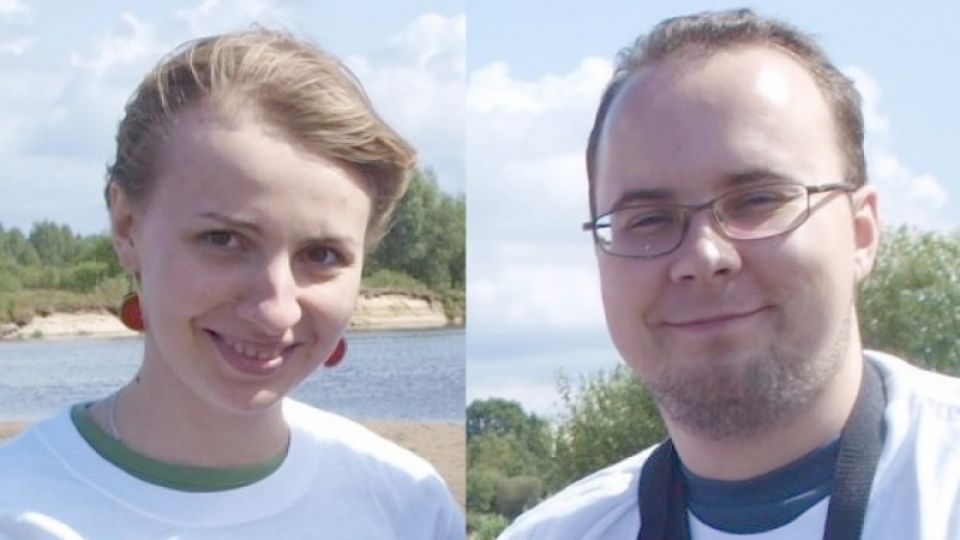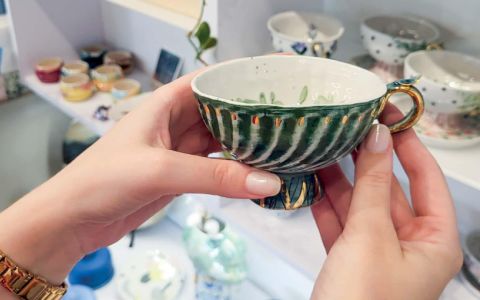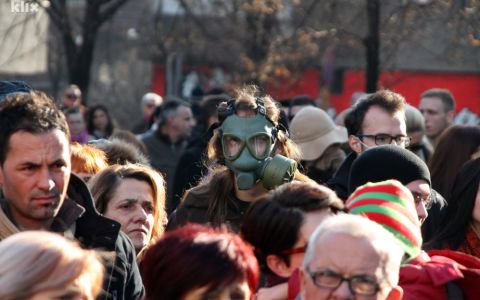The work of Arnika does not start and end within the borders of the Czech Republic. A few years ago, we were inspired by our colleagues west of our borders who had experience with ecological activities. They came to us in order to pass on experience based on their local conditions. Now, we have enough of our own experience, and we know that toxic substances still complicate lives of many post-Soviet countries. We offered help and people from local ecological organizations. This help was accepted it. Previously, Belarusian colleagues learned in the Czech Republic about how to properly take samples from contaminated places and what to analyze when citizens inform them about dangerous pesticides and toxic substances.
Darja Chumakova and Olga Astapovich, with her colleague Vladimir Stepurk, came to the Czech Republic for experience from the Belarusian Center for Environmental Solutions. They attended a course on sampling methods of potentially polluted materials (soil and water in particular) or hard-coal mine tour. They had also the opportunity to observefirst hand the choking smog in Ostrava from town hall tower. They also visited Eco Centre in Oucmanice, looked at "happy end story" from Klatovy, and had a good time meeting people of Arnika during the campaign 'Don't play with PVC.' Additionally, they learned how the Arnika organization works internally. There was also time for informal sightseeing in Prague and famous Stodolní Street in Ostrava. Arnika helped the Belarusians with the analysis of polluted places and with increasing the awareness concerning toxic substances in common projects.
"I really appreciate that we could look inside the organization and see what it looks like when you are planning activities which should relieve toys for small children of dangerous substances," says Darja Chumakova, a specialist in eco-friendly consumerism. "It was very helpful for us from Centre for Environmental Solutions to see how a major Czech non-governmental organization involved different focus groups into its initiative and what results were successfully reached. Thanks also go to our colleagues Vendula and Kamil who helped us with the planning of activities for Belarus," Chumakova adds.
"I mainly appreciated not only the tour of the Prague center but of regional bureaus in particular. Vendula and Jan thoroughly organized the seminars and answered all our questions," confided Olga Astapovich, a spokesman of the partnership organization. "We are considering creating similar local bureaus in our organization, and the way they work and are included in Arnika is a good inspiration. Workshops on how to properly take samples was also interesting, and the tour of the mine was unforgettable since in Belarus we would not be let in," Astapovich sums up the strongest experiences.
"For me, the tour of places in Pilsen Region were the most intensive. We visited former store of pesticides in Klatovy-Luby which was finally cleaned after extensive efforts. That is a very inspiring example for us," claimed Vladimir Stepurko who coordinates the common project of Arnika and Centre of Environmental Solutions in Belarus. "Meetings and interviews with local people, and relaxing tour of western Bohemian castles, were all very interesting. I also want to appreciate our common strategic planning because we want to introduce some new ideas into our country at the moment. Methods that we learned in the Czech Republic can help us," added Stepurko.
Meeting with people from Ostrava organization, The Air, inspired the Belarusians to create an app for current pollution conditions. It would be the second application for smart phones that the Centre would create. Some time ago, they started a Belarusian equivalent of Green Map in the Czech Republic.
"Information which our guests in Arnika received inspired one of the participants to write an article about importance of these events of environment protection for the public. Even peaceful happenings that we organize could be a problem in Belarus," states Kamil Repeš, the chief of Děčín bureau. "As they said the informal education was inspiring, and they will try to aim at new focus groups. The knowledge can be interesting, for example, to mothers with small children," Repeš ends.







